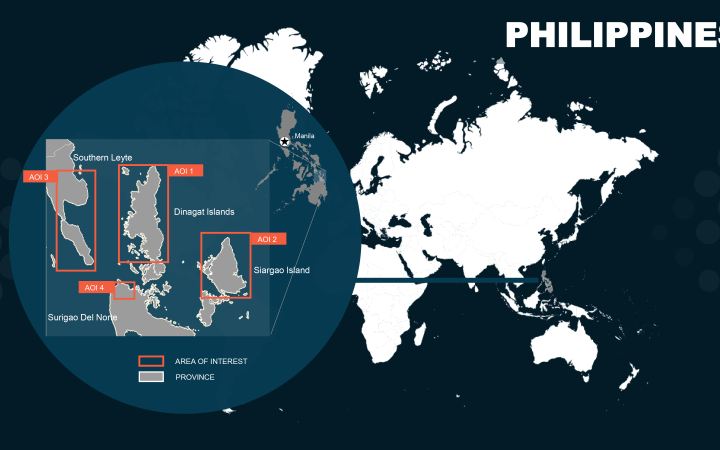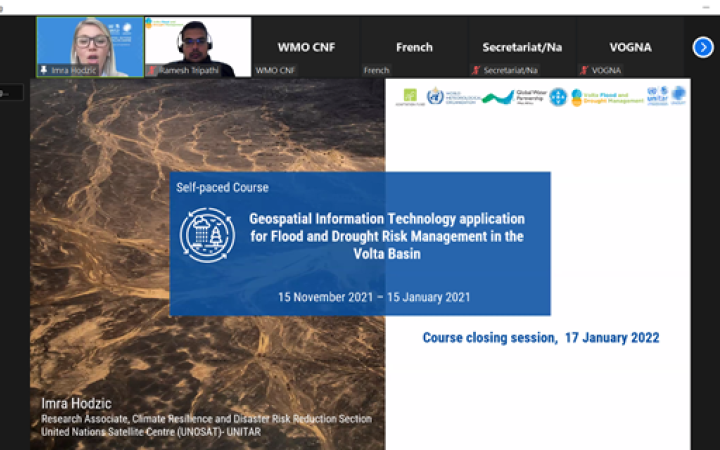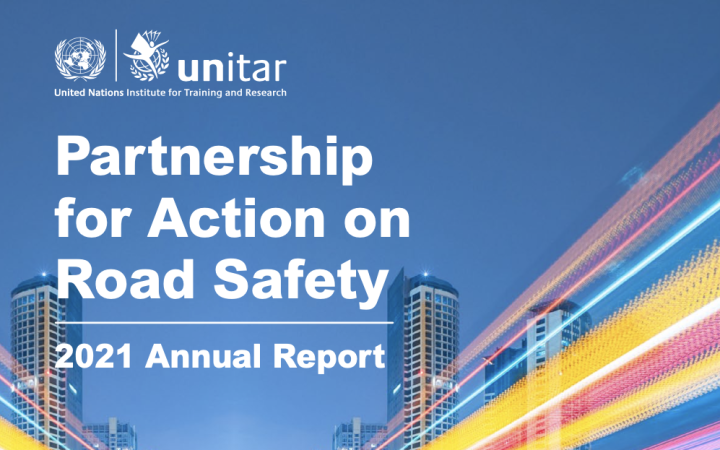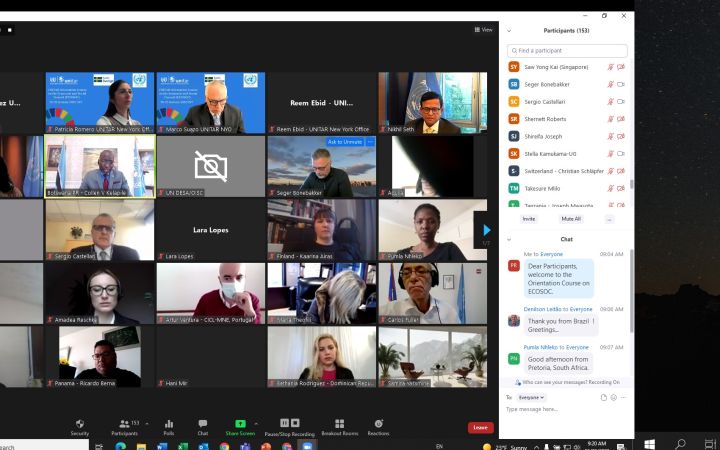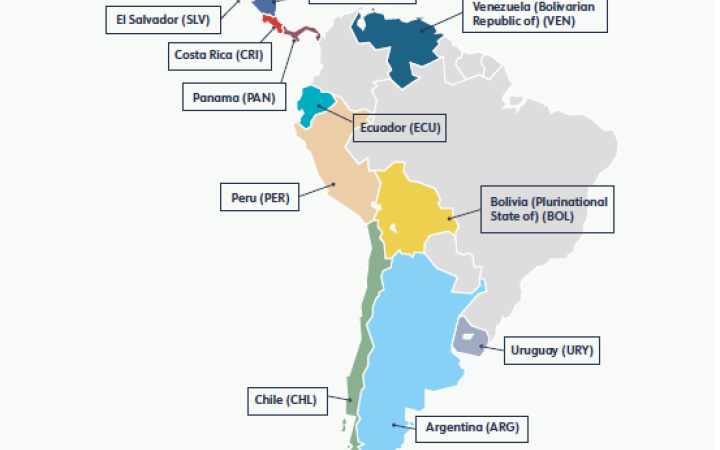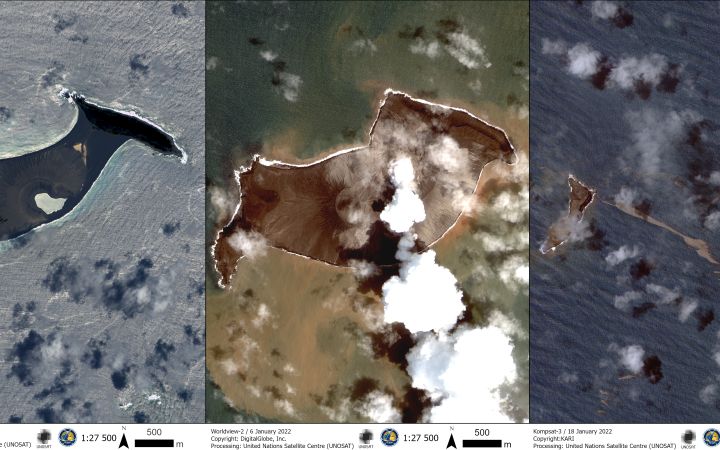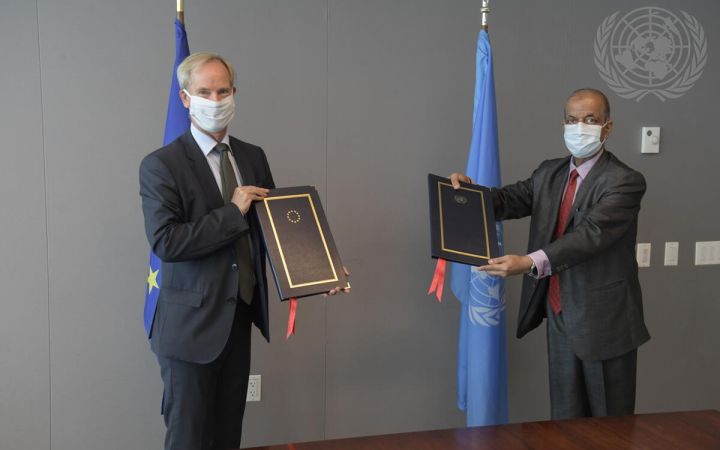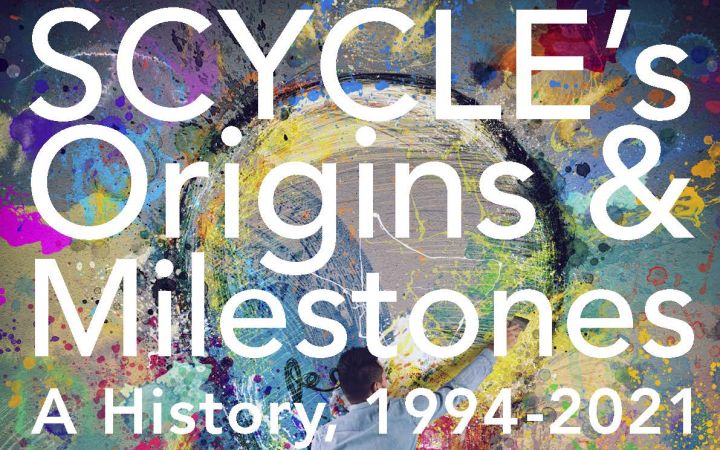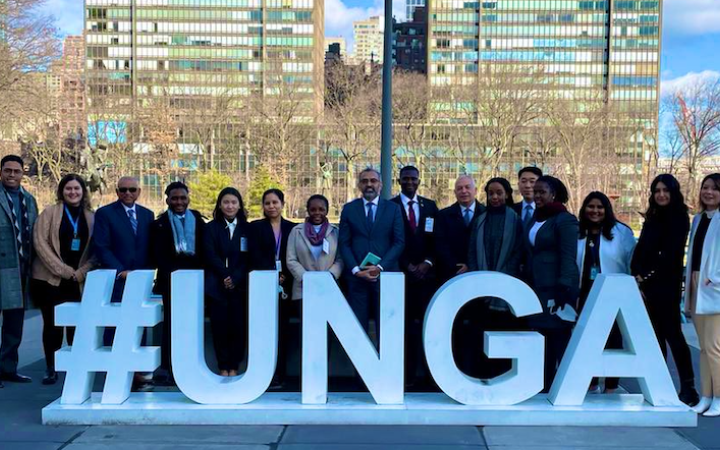Displaying 951 - 960 of 1739
Dans le cadre de l’appropriation du projet par les parties prenantes marocaines, PAGE a initié durant deux jours (ndlr 18 et 19 janvier 2022) une session de formation sur Zoom pour les parties prenantes au Maroc. Organisée par UNITAR et l’agence lead ONUDI, PAGE Maroc a convié plusieurs ministères et organismes à la formation portant sur « l’Économie Verte Inclusive et la relance économique post COVID-19 ». La première journée de formation a porté sur l’appui de PAGE au niveau global pour favoriser une économie verte et inclusive, le fonctionnement de PAGE Maroc, l’EVI et la relance économique post-COVID suivi du groupe de travail sur le thème « Opportunités et défis pour une relance économique verte et inclusive au Maroc ». Cette journée de formation s’est achevée par le partage d’expérience de PAGE Sénégal. La seconde journée quant à elle, visait à répondre à cette interrogation « Quelles priorités pour PAGE au Maroc ? » Pour y arriver, les participants ont été subdivisés dans 5 groupes avec 5 thèmes différents animés par les 5 agences onusiennes à savoir PNUE, PNUD, UNIDO, BIT et UNITAR.
A category 5 Tropical Cyclone struck the Philippines in December 2021, causing significant damage and affecting a large part of the population. FUNOSAT’s Emergency Mapping service was activated to support the planning and coordination of emergency response operations with satellite imagery analysis.
08 February 2022, Geneva, Switzerland – Between 15 November 2021 and 21 January 2022, the UN Satellite Centre UNOSAT-UNITAR delivered a two-month regional e-learning course for Volta basin countries entitled “Geospatial Information Technology applications for Flood and Drought Risk Management in the Volta Basin”.
15 February 2022, Geneva, Switzerland – Capacity-building on road safety management is at the core of the work of UNITAR. The Partnership for Action on Road Safety – 2021 Report summarizes some of our training activities and projects aimed at reducing deaths and injuries caused by traffic crashes.
26 - 27 January 2022, New York, USA by virtual- The United Nations Institute for Training and Research New York office (UNITAR NYO), and the office for Intergovernmental Support and Coordination for Sustainable Development at the Department of Economic and Social Affairs (DESA), hosted the annual orientation course on the Economic and Social Council (ECOSOC). It took place in an online format attracting over 200 delegates and officials from Permanent Missions and the UN Secretariat, as well as officials working from capitals.
25 January 2022 - 1st Latin American e-waste report covers 13 countries: Argentina, Bolivia, Chile, Costa Rica, Ecuador, El Salvador, Guatemala, Honduras, Nicaragua, Panama, Peru, Uruguay, Venezuela.
18 January 2022, Geneva, Switzerland - On Saturday 15th January, the ongoing volcanic eruption of Hunga Tonga-Hunga Ha’apai triggered a tsunami across the Pacific. The UNOCHA Regional Office for Asia and the Pacific swiftly contacted the United Nations Satellite Centre (UNOSAT) to request the activation of its Emergency Mapping service over Tonga.
UNITAR and LUISS Develop the Executive Master in Global Public Diplomacy and Sustainable Development
18 January 2022, Geneva, Switzerland – With the creation of the Organisation of African Unity (OAU) in 1963, African countries established institutions, designed policies, and launched initiatives to deepen their political and economic integration in increasingly salient areas to their continent’s development. Strengthening the relationship with their counterpart across the Mediterranean and tackling issues of common concerns continues to be a priority between the European Union (EU) and the African Union (AU). Following the request of the Italian Ministry of Foreign Affairs and International Cooperation and thanks to their generous support, the United Nations Institute for Training and Research (UNITAR) and the Luiss School of Government partnered to develop the unique Executive Master in Global Public Diplomacy and Sustainable Development designed to admit up to 30 highly skilled African diplomats.
13 January 2022, Geneva, Switzerland – The United Nations Institute for Training and Research (UNITAR) is pleased to welcome the Sustainable Cycles (SCYCLE) Programme to the UNITAR family.
10 January 2022, New York, USA – The United Nations Institute for Training and Research (UNITAR), in partnership with the Office of the President of the General Assembly (OPGA), successfully launched its flagship initiative, the 2022 President of the General Assembly Fellowship for HOPE (Harnessing Opportunities for Promoting Empowerment of Youth) on 10 January 2022. As envisioned by H.E. Mr. Abdulla Shahid, President of the 76th General Assembly, and his Presidency of Hope, this Fellowship programme aims to promote youth engagement in multilateralism and support the next generation of diplomats, particularly from underrepresented countries (LDCs, LLDCs, SIDS) at the United Nations, while also ensuring geographical representation and gender balance.



